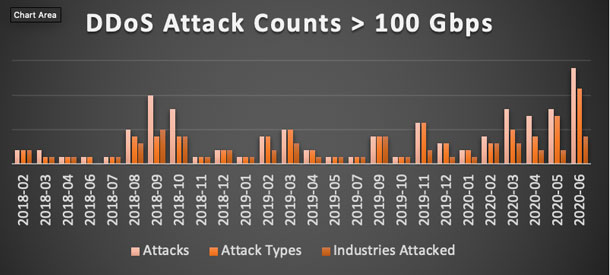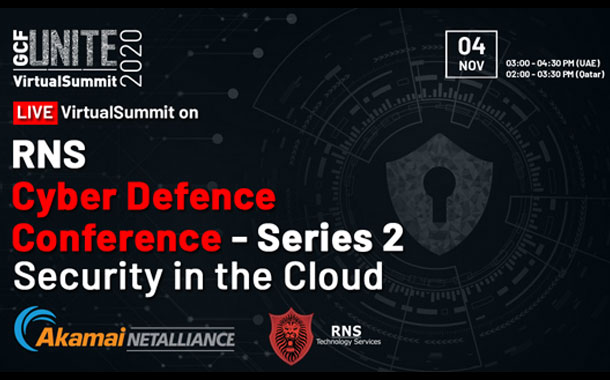A DDoS, distributed denial-of-service, attack can be defined as a malicious attempt in which multiple compromised computer systems attack a target, such as a server, website or other network resource, and cause a denial of service for users of the targeted resource. The flood of internet traffic forces the system to slow down or even crash and shut down, thereby denying service to legitimate users. DDoS attacks are sometimes used to distract your cybersecurity operations while some other criminal activity, such as data theft or network infiltration, is underway.
DDoS attacks are accomplished with networks of internet-connected machines consisting of computers and other devices which have been infected with malware, allowing them to be supervised remotely by an attacker. These individual devices are referred as BOTS. A group of such bots is called a botnet. Not only is the number of DDoS attacks increasing, but also the hackers are producing gigantic and more sophisticated botnets, scaling up the attacks. When combined with vulnerable internet protocols like DNS and NTP, DDoS attacks can be amplified many thousands of times creating huge multi-terabit per second attacks.
One gigabit per second is ample to strike most organisations off the internet but recently the peak attack size exceeds one terabit per second! According to Akamai, the number of DDoS attacks over 100 Gbps are trending up amidst the Covid-19 lockdown.
Register now and join the virtual summit, RNS Cyber Defence Conference – Series 2, Security In The Cloud, brought to you by Akamai and RNS Technology Services.
These attacks represent the ones above 100 Gbps, but below 100 Gbps attacks are also prevailing significantly. According to Help Net Security, more than 929,000 DDoS attacks materialised in May 2020 which is the largest number of attacks ever occurred in a month. In the first half of 2020, 4.83 million DDoS attacks occurred.
Amazon Web Services, the 800-pound gorilla in cloud computing, was hit by a cosmic DDoS attack in February this year. This attack was one of the most largest DDoS attack in history. The attack was targeted to customers using Connectionless Lightweight Directory Access Protocol. It lasted for three days and peaked at 2.3 terabits per second. Although the disruption was considerably less than it could have been, the scale of the attack lead to loss of revenue and hampered the brand image to a significant level.

When DDoS attacks are discussed in the industry, it is generally referred with intentions of spoiling the brand name, seeking revenge or just some fun to trouble competitors.
But did you know DDoS attackers make money too?
RNS Technology Services and Akamai brings to you the RNS Cyber Defence Conference Series – 2. An exclusive Web Summit for pragmatic insights that can help you refine your organisation’s cloud security posture and assist you against malicious practices. The webinar will throw light on DDoS attacks, along with strategies useful to avoid and recover from data theft.
Register now and join the virtual summit, RNS Cyber Defence Conference – Series 2, Security In The Cloud, brought to you by Akamai and RNS Technology Services.

















